//The Financial Times reported Britain on 15th March alleged China "non-compliance" with the 1984 Sino-British Joint Declaration. CY Leung wrote a letter to the FT. Let’s check out what CY says//
//《金融時報》報道,英國聲稱中國持續違反1984年的《中英聯合聲明》。梁振英為此寫信給《金融時報》,讓我們看看他說些什麼//
The following is my letter to the Financial Times which hasn’t been published.
Sir,
the FT reported on the 15th of March that “Britain has declared that China is in ‘a state of ongoing non-compliance’ with the 1984 Sino-British Joint Declaration”, without questioning the British Government where the Joint Declaration did China not comply.
Your readers, the FT readers, would have been interested to note that in the entire Joint Declaration, the word “election” appeared in only 3 places, as follows:
In the main text, “The Chief Executive will be appointed by the Central People's Government on the basis of the results of elections or consultations to be held locally”, and then in Annex I which was “The Elaboration by the government of the People's Republic of China of its basic policies regarding Hong Kong”, says and I quote, “The Chief Executive of the Hong Kong Special Administrative Region shall be selected by election or through consultations held locally and be appointed by the Central People's Government......The legislature of the Hong Kong Special Administrative Region shall be constituted by elections”.
Now the Election Committee has been given the responsibility of electing the Chief Executive since the changeover in 1997. No one has ever claimed that this form of election does not comply with the Joint Declaration. Now that the Election Committee is being given the additional responsibility of electing some members of the legislature, Britain suddenly alleges “non-compliance”?
In the entire negotiation between the two countries leading to the signing of the Joint Declaration in 1984, nothing could be further from the minds of China, Britain and the Hong Kong public than elections. At the time, all members of the Hong Kong legislature were appointed by the British Governor, who in turn was, as always, appointed by the British Government. The last Governor, Chris Patten, was no exception. Perhaps we in Hong Kong had got too used to it.
以下是我給英國《金融時報》的信,尚未刊登。
致《金融時報》,貴報於3月15日報道,指「英國稱中國持續違反1984年的《中英聯合聲明》」,卻沒有問清楚英國政府,究竟中方在哪方面違反了《聯合聲明》?
你的讀者,即《金融時報》的讀者,應該有興趣知道,在整個《聯合聲明》中,「選舉」一詞僅在3個地方出現如下:
在正文中,行政長官由中央人民政府任命在當地通過選舉或協商產生,以及在附件一,中華人民共和國政府對香港的基本方針政策的具體說明,在此我引述它的說法:「香港特別行政區行政長官在當地通過選舉或協商產生,由中央人民政府任命⋯⋯香港特別行政區立法機關由選舉產生。」
現在選舉委員會已經負責選出行政長官,自1997年回歸以來,從來沒有人指這種選舉不符合《聯合聲明》。現在選舉委員會獲賦予新的責任,選出部分立法機關成員,英國忽然指控「違反聯合聲明」。由兩國的整個談判中,達到1984年簽署的《聯合聲明》,在中方、英方、香港市民心目中選舉是最重要的事。當時所有香港立法機關的成員都是由港督委任,而港督一直都是由英國政府委任,最後一任港督彭定康並沒有例外。或許只是我們在香港已經習以為常。
請Follow我們的YouTube頻道:https://bit.ly/2kgU8qg
下載我們的手機應用程式,收看第一手精彩內容:https://www.speakout.hk/app





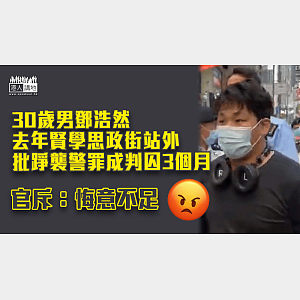
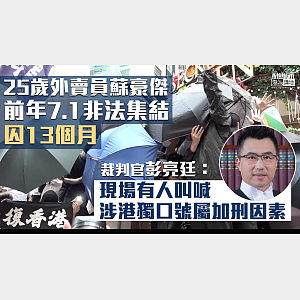

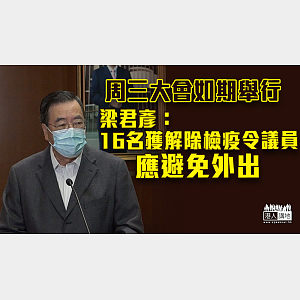
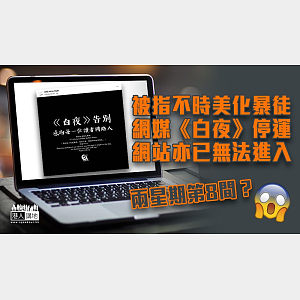
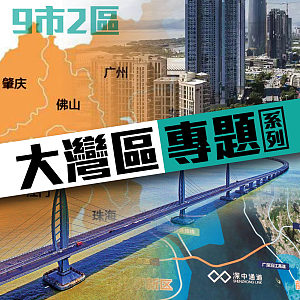
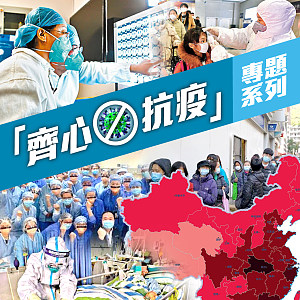
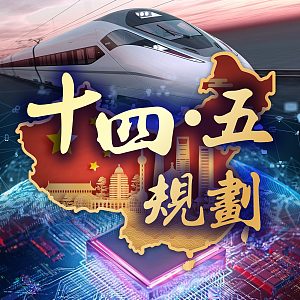
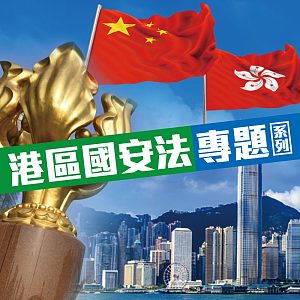
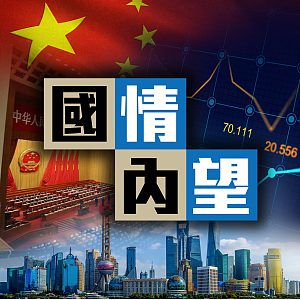






評論
+85298****49
4年前Happy21
4年前Happy21
4年前沒有更多評論
沒有更多評論